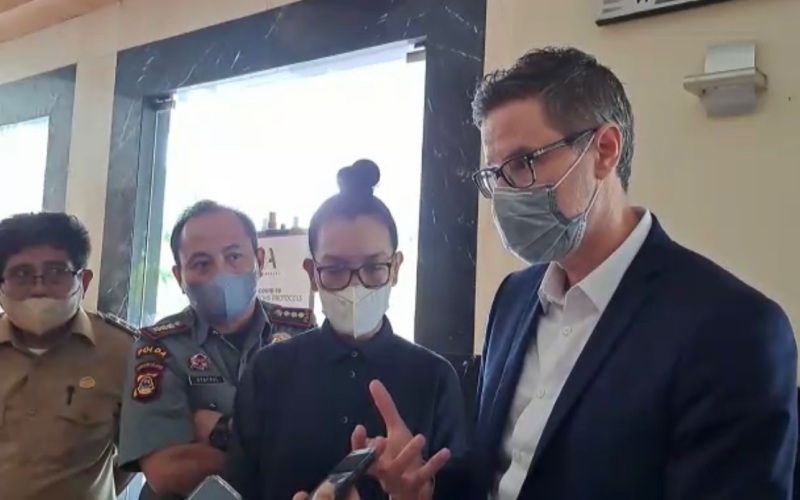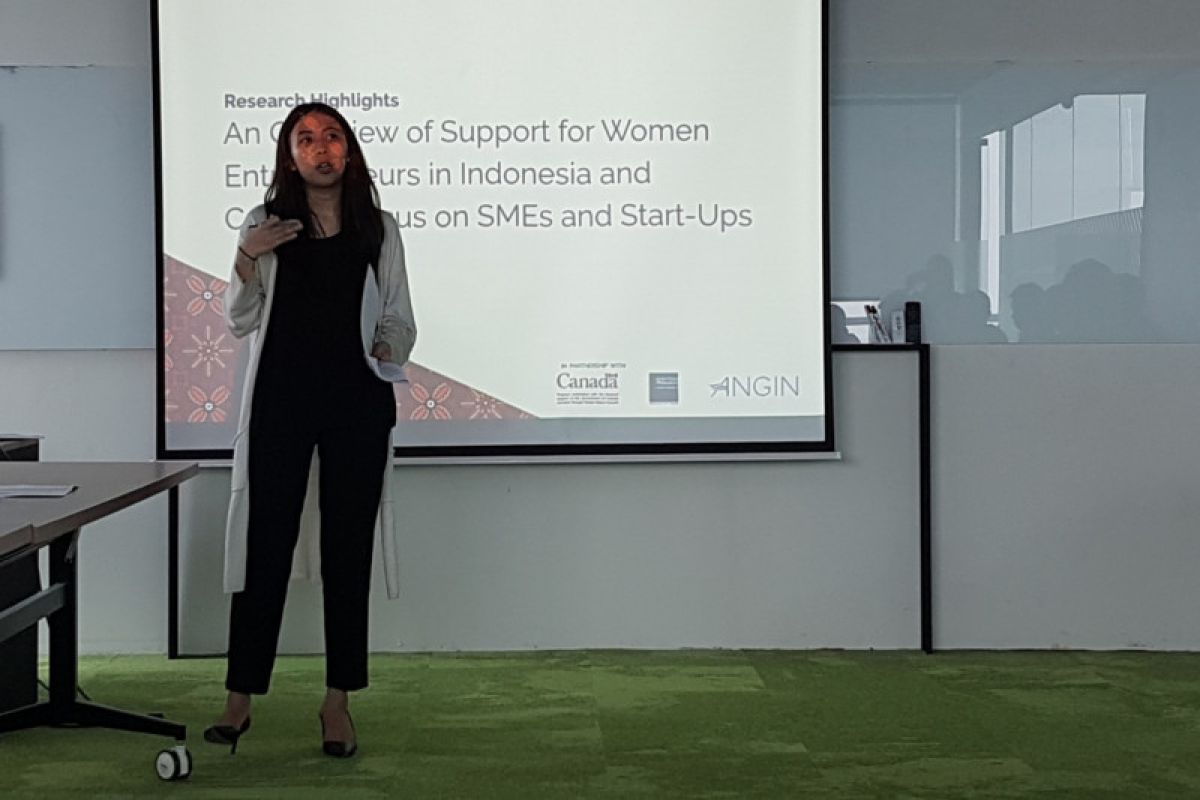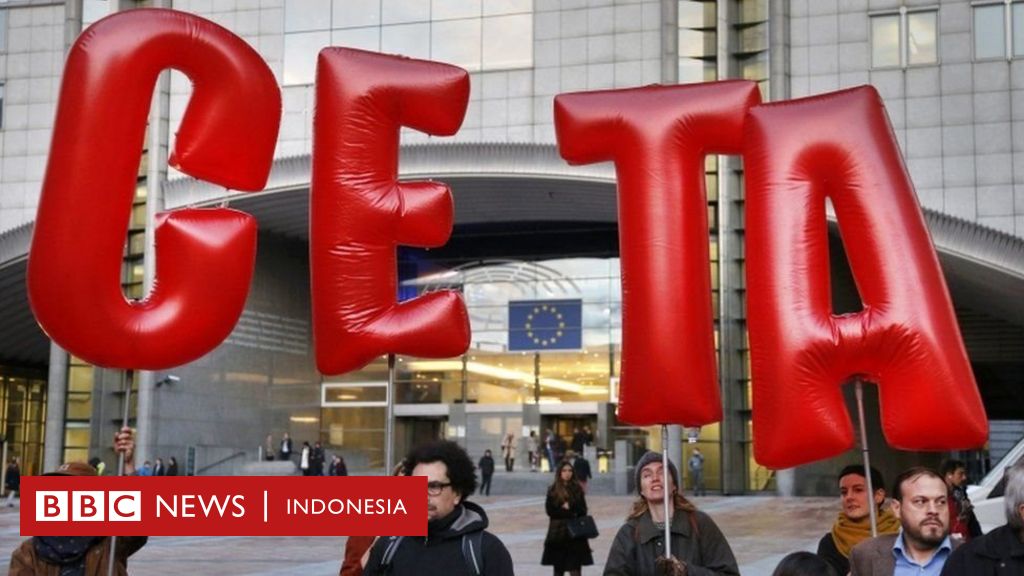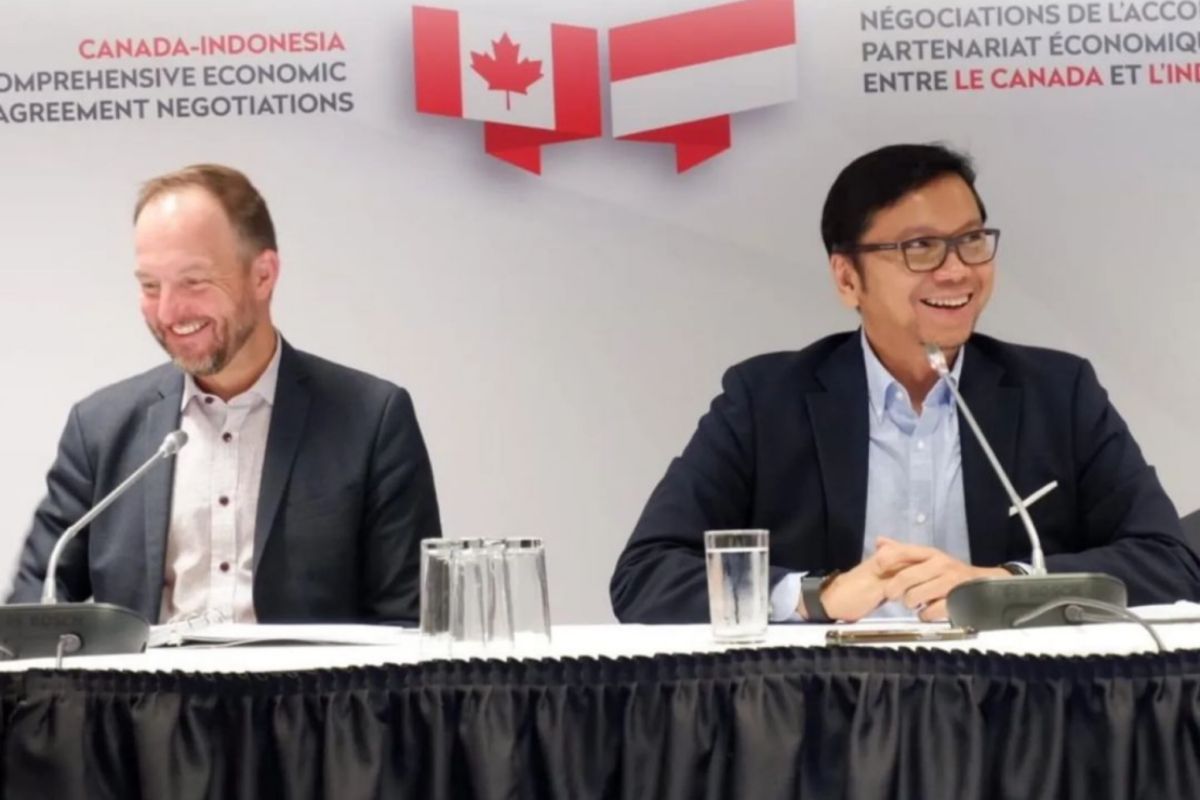Bisnis.comPALEMBANG – Up to 40 percent of the total area of 1.2 million hectares of land peat in South Sumatra recorded in a declining or degraded state.
This was conveyed by South Sumatra (Sumsel) Peat Restoration Expert Team Syafrul Yunardi on the sidelines of a public consultation on the South Sumatran Peat Ecosystem Protection and Management Plan document. South Sumatra (RPPEG), Monday (29/8/2022).
Syafrul explained that the South Sumatra bog is in the form of a peat swamp forest.
“Above there is forest, below there is peat, but in reality the forest is being cut down and cleared for plantations and agricultural activities,” he said.
The clearing of the peat forest, Syafrul said, is in line with high population growth which results in a limited area of productive land.
“In the past, we didn’t look at peat bogs, because they were marginal lands, that is to say less fertile, but because of the demand [lahan] up, enter the plantation,” he said.
Production activities on peatlands also have the potential to cause forest and land fires (karhutla) due to the channeling carried out by concession companies.
“In fact, the peat swamp forest is flooded almost all year round, if the peat swamp forest is good, it will never burn. That’s why you have to block the channels so that the peat does not dry out”, did he declare.
Syafrul said various parties have made efforts to protect and manage the peat ecosystem.
In fact, he said, South Sumatra has also received support from many countries to create sustainable peatlands.
“One of them is Canada through the Land4Lives project, whose location is in districts with quite significant peatlands in South Sumatra,” he said.
The head of cooperation at the Canadian embassy in Indonesia, Kevin Tokar, said his party has pledged to spend 190 billion rupees for better land management in three provinces of the country, including South Sumatra.
“South Sumatra is the second largest area of peat ecosystems in Indonesia, so we consider it necessary to support better peat management,” he said.
In South Sumatra, the implementation of the Canadian program is in partnership with World Agroforestry (ICRAF) Indonesia.
According to Kevin, Indonesia cannot meet its commitment to reduce the impact of climate change if it fails to manage peat sustainably.
“However, our goal is not only to fight climate change, but also to help farmers implement better agricultural governance,” he said.
In fact, he said, Canada also supports the preparation of the RPPEG document for sustainable peat management.
Check out other news and articles on Google News
Watch the selected videos below:
quality content

“Typical thinker. Unapologetic alcoholaholic. Internet fanatic. Pop culture advocate. Tv junkie.”






:strip_icc():format(jpeg)/kly-media-production/medias/4364539/original/048361100_1679281858-IMG_20230319_172150.jpg)
